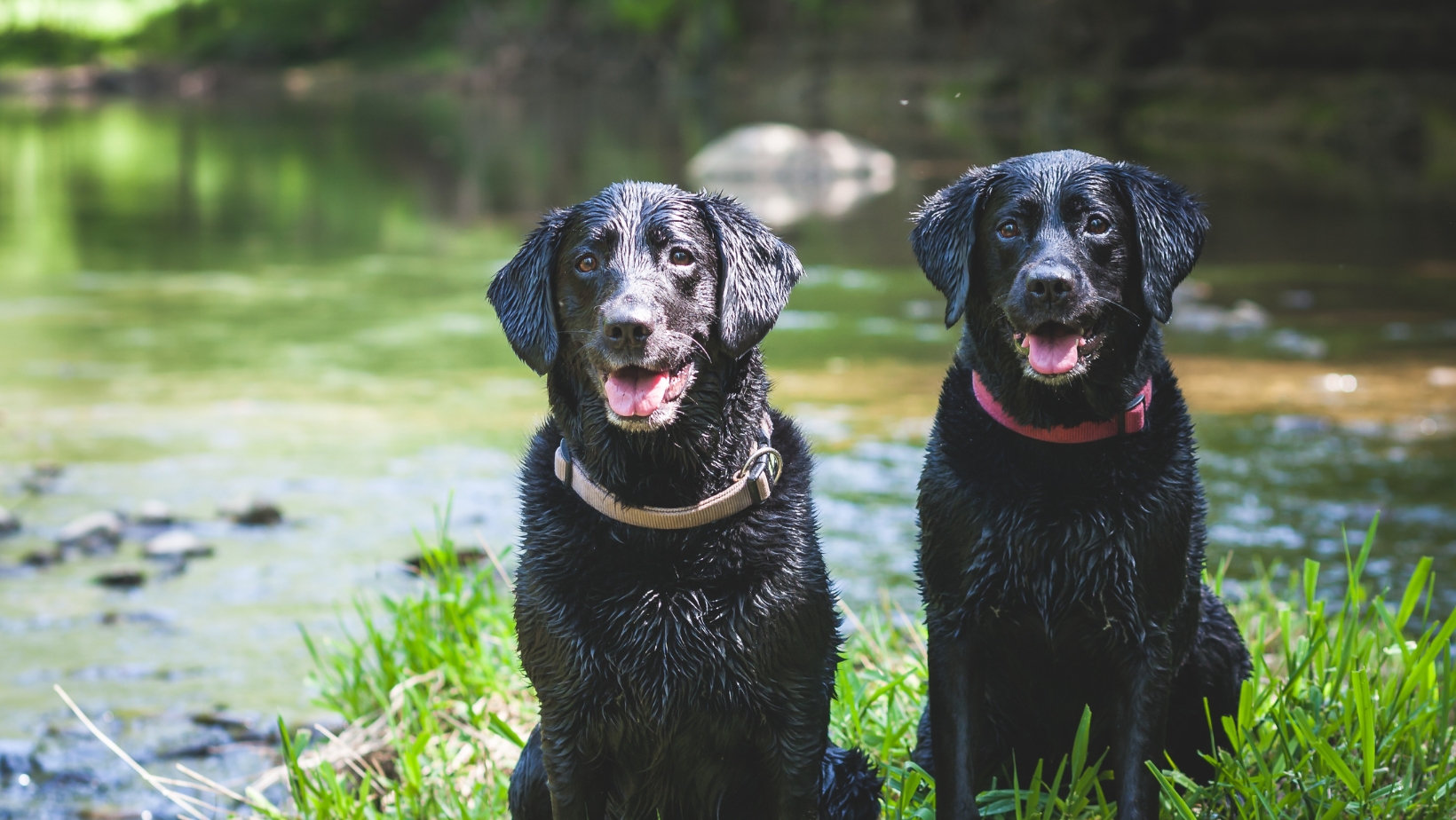If you’re dealing with a biting issue between your puppy and another dog, addressing this behavior promptly is important to avoid any potential harm. One common scenario is when a Labrador puppy bites another dog during playtime. While play biting is normal for puppies, teaching them appropriate boundaries is crucial. Here are some tips on how to get your puppy to stop biting other dogs.
Firstly, establish consistent rules and boundaries for your puppy’s interactions with other dogs. Set clear limits on what is acceptable behavior during playtime. Encourage gentle play and discourage rough or aggressive behaviors by redirecting their attention or providing an alternative toy.
Secondly, socialize your Labrador puppy from an early age. Expose them to various situations and different dogs so they learn how to interact appropriately. Gradually increase the difficulty level in their socialization experiences, ensuring positive encounters with well-behaved adult dogs who can help teach them proper manners.
Lastly, provide plenty of mental and physical stimulation for your pup through regular exercise and interactive toys. A tired puppy is less likely to bite excessively during play sessions.
How to Get Puppy to Stop Biting Other Dog
Teething and Exploration
One of the main reasons why puppies bite is teething. Just like human babies, puppies go through a phase where their teeth come in, causing discomfort and an urge to chew on anything they can get their paws on. This can lead to them biting other dogs during play or mouthing people’s hands.
During this teething stage, puppy owners must provide appropriate chew toys and bones for their furry friends. These items help alleviate the discomfort and redirect their attention away from biting other dogs. Choosing durable toys specifically designed for teething puppies is crucial, ensuring they are safe and won’t break apart easily.
Attention Seeking Behavior
Another reason why puppies may resort to biting other dogs is attention-seeking behavior. Puppies thrive on interaction and love being the center of attention. When they realize that nipping or biting gets a reaction from other dogs or humans, they may continue doing so as a way to engage with others.
To address this issue, puppy owners must establish boundaries and teach proper socialization skills early on. Encouraging positive reinforcement training methods can effectively redirect their energy toward more acceptable behaviors. By rewarding good behavior and ignoring or redirecting unwanted biting, puppies will learn that gentle play is more rewarding than rough nipping.
Socialization and Play Biting
Puppies naturally explore the world around them through play, which often involves playful nipping or mouthing behaviors directed at other dogs. Play biting can communicate among pups during socialization sessions, helping them develop vital social skills necessary for interacting with other dogs throughout their lives.
Proper socialization with other dogs under controlled environments can help puppies learn bite inhibition and develop healthy play habits. Enrolling them in puppy training classes or arranging supervised playdates can provide valuable opportunities for them to engage in positive interactions with other dogs and learn appropriate levels of biting during play.
Here are some strategies that have proven to work well:
- Reward desirable behavior: Provide immediate praise and rewards whenever your puppy interacts with another dog without biting. This could be in treats, verbal praise, or playtime. By associating good behavior with positive outcomes, you reinforce the idea that being gentle and non-aggressive is rewarding.
- Socialization: Expose your puppy to different dogs in controlled environments regularly. This helps them learn appropriate social skills and understand acceptable boundaries during playtime. Gradually increase the complexity of these interactions as your puppy progresses.
- Time-outs: If your puppy does engage in biting during play, calmly remove them from the situation for a brief time-out. This teaches them that rough play leads to losing attention or playtime and encourages self-control.
- Redirect their focus: Instead of reprimanding your puppy for biting, redirect their attention towards appropriate chew toys or interactive games when they show aggression towards other dogs. This helps them understand what is acceptable to bite and what isn’t.
- Consistency is key: Be consistent in enforcing positive reinforcement techniques throughout training. Reinforce good behavior consistently and avoid unintentionally rewarding unwanted behaviors.
By consistently utilizing these positive reinforcement strategies, you can help your Labrador puppy develop healthy social skills and discourage biting behaviors when interacting with other dogs.
